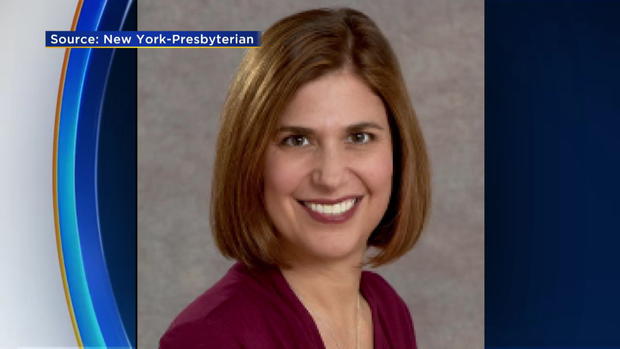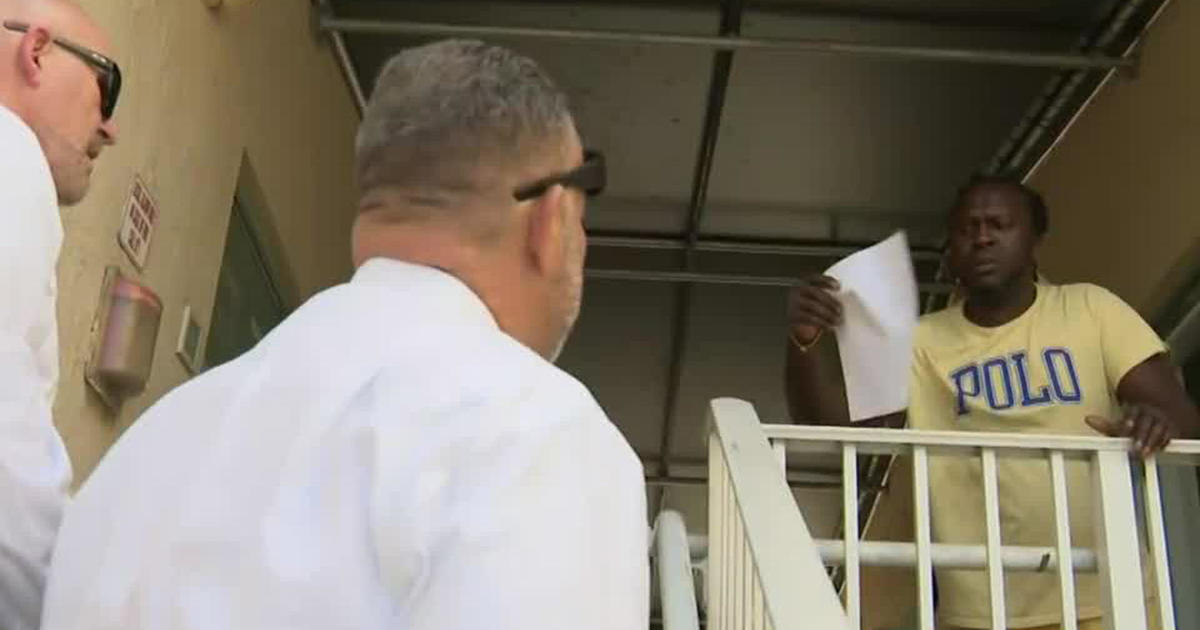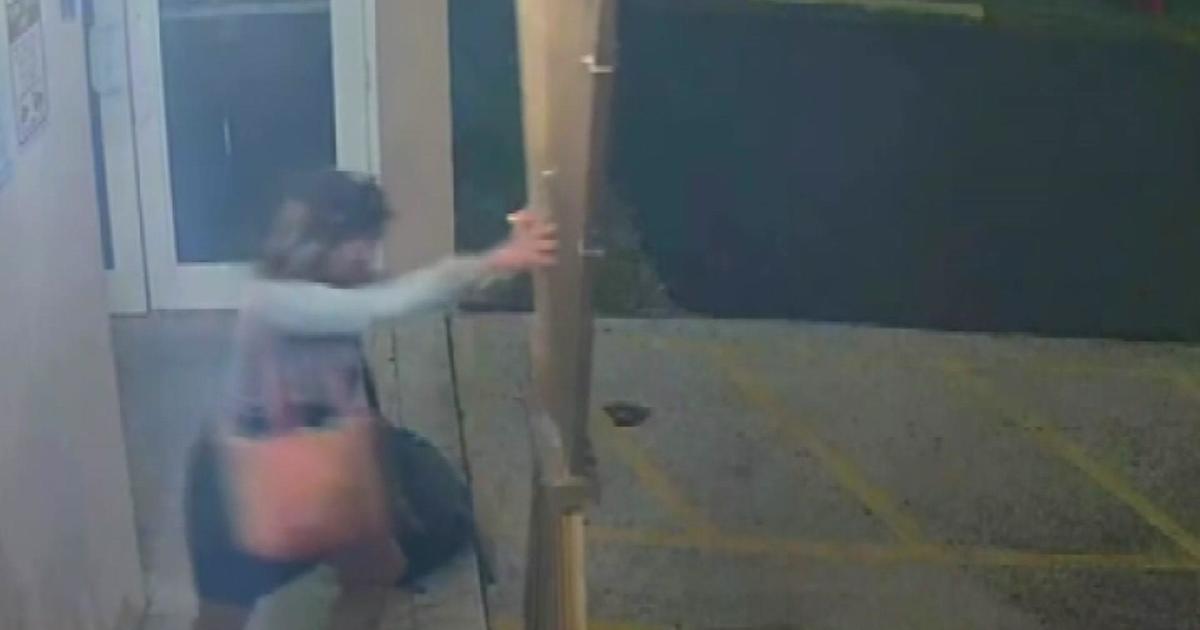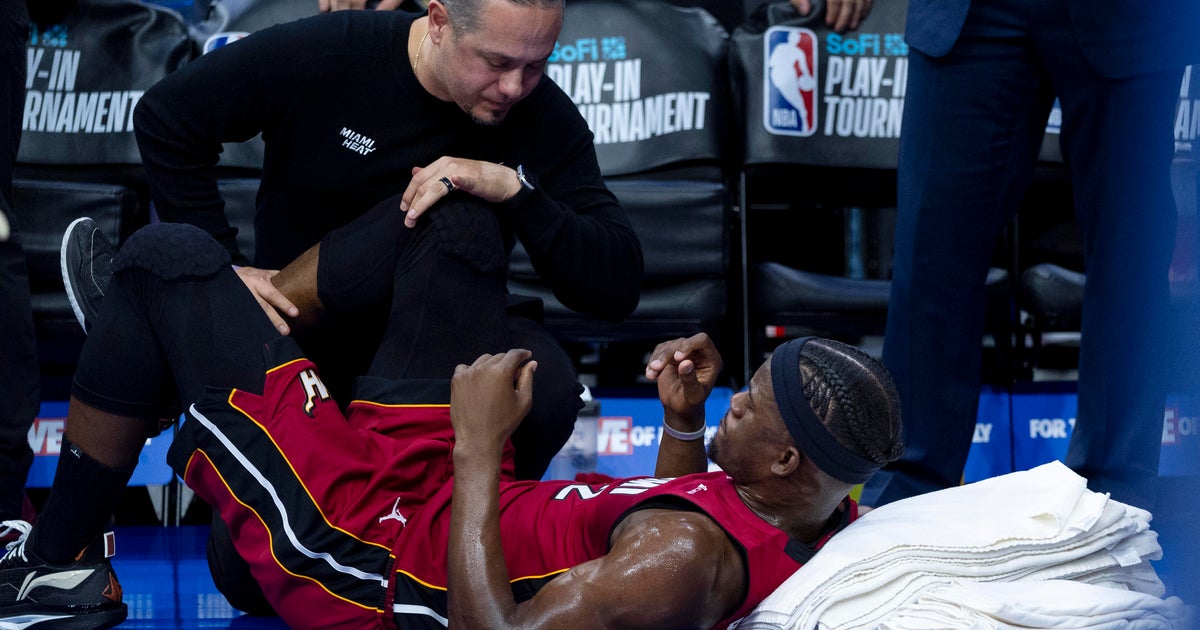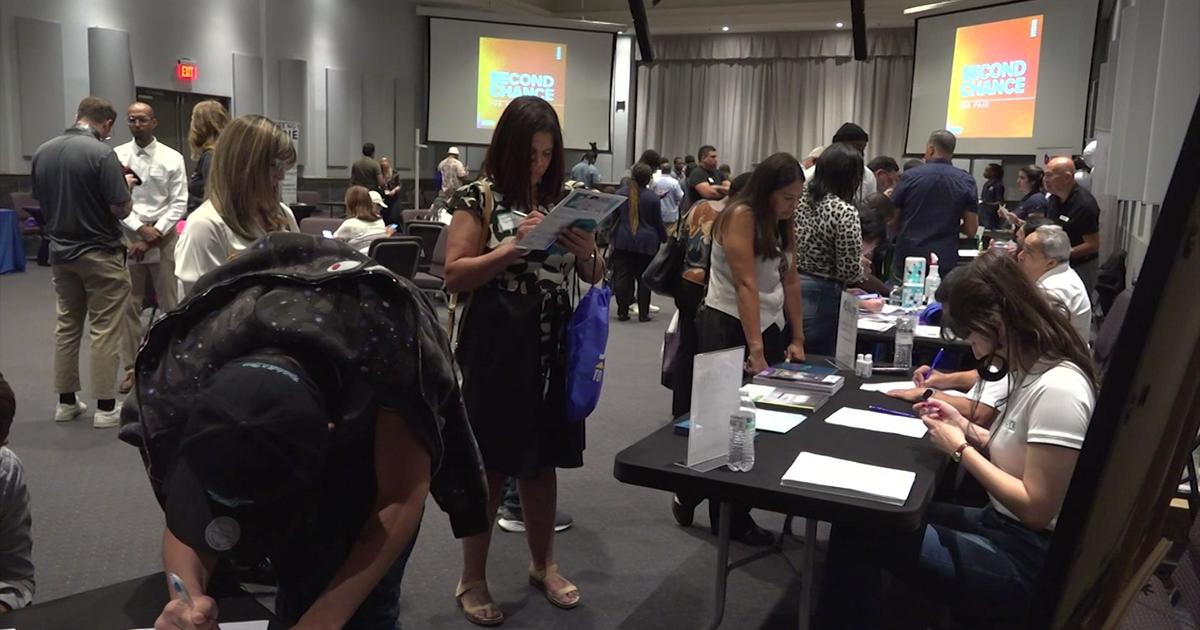Heartbreaking Story Brings Much-Needed Attention To Mental Health Of Our Health Care Workers
MIAMI (CBSMiami) – A heartbreaking story from New York is calling much-needed attention to the mental health of our health care workers during the coronavirus crisis.
Dr. Philip Breen describes his late daughter, Dr. Lorna Breen, as someone who put her life on the line to take care of others.
"I think she felt an overwhelming sense of wanting to help her colleagues and her friends who were still fighting the good fight, and so she strapped on her harness and took the bit in her mouth and she went back," he said.
Even after contracting COVID-19, the Manhattan ER doctor went back to help her colleagues just over a week later.
But upon her return, she couldn't last through a 12-hour shift, her father said. Her friends and relatives helped her get to her family in Charlottesville, Virginia, and there she was admitted to the hospital at the University of Virginia for exhaustion, her father said.
After about a week, she left the hospital to stay with her mom, he said. Then, last weekend, she went to stay with her sister, and she died by suicide on Sunday morning.
"As of Sunday, she took her own life because I think she was tired and she was the kind of person, as somebody has very aptly put it, she was like the fireman who runs into the burning building to save another life and doesn't regard anything about herself. So she has paid the price and she's been in the trenches," her father said.
While these are unprecedented times for all, Dr. Philip Harvey, director of the psychology division at the University of Miami, says it's especially taxing on health care workers.
"Hopelessness is a huge predictor… no idea when crisis gonna end, doing right thing, whether or not you yourself get sick, the risk is there. A constellation of factors that contribute to increased risk for self-injury, suicidal behavior. Suicidal idealization as well," he said.
Dr. Harvey adds the mental health toll is seen more in women, bringing up a Medscape survey where 50% of female physicians included said they were burned out and would choose a different profession.
All around the world, we've been seeing people thank health care workers whether its from their balconies or on social media. Many are also trying to feed those who are working around the clock, going weeks without a day off.
"Absolutely critical to feel appreciated," said Dr. Harvey. "Frustration is common among physicians. Feel as though they're not appreciated doing their job, doing right thing putting others first...this is a circumstance where it's not only uncommon to have this kind of gratefulness be so obvious, it's particular helpful when the light of the tunnel is unclear."
Health care workers are now also spending time with dying or sick patients, whose own family members are not allowed near them.
"Only people there to give support for a lot of these patients are health care workers, who are doing other jobs as well as this into their role, performing complex dangerous medical procedures and supporting people as well, without extra help," explained Dr. Harvey. "A real careful balance has to be struck."
And despite what everyone else is doing for health care workers, Dr. Harvey says taking time for themselves is necessary.
"Feeling out of control, no hope, is risky," he said. "Take as much time as you can for yourself. You wanna be able to do things you can control."
At Mount Sinai Hospital in New York, there are recharge rooms with relaxing sights, sounds and smells. The room are already making a difference.
A hospital director said within 15 minutes in one the perceived level of stress is going down 70 to 80%.
Even when this pandemic is over, Dr. Harvey warns the mental and emotional toll will stay with our health care workers for a long time.
"What happens is when the stress is over, time to start thinking about what you've just been through. We need to be very careful when the stress backs down. How people are thinking, managing what they're doing," he explained. "People are going to have to be careful when the burden is lifted, don't spend time thinking of all the bad things. Think about the good things they did for people."
RELATED:
Current Curfews In South Florida
Drive-Through Testing Locations
Track The Spread Of The Coronavirus In Real Time
How To Make Your Own Face Mask
